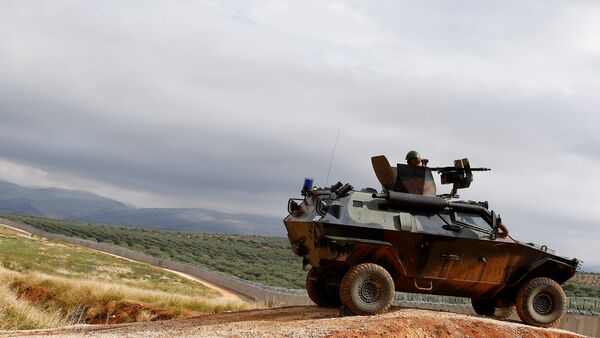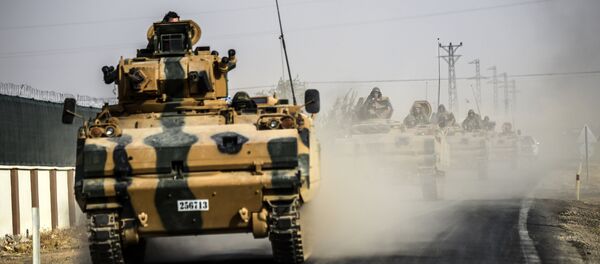"According to the plan unveiled by the Turkish leadership [in August 2016], Ankara deployed its forces to Syria to provide assistance to the Free Syrian Army in its fight against terrorists. This formula appeared to have been targeted at the Kurds since Ankara was less concerned with Daesh and more anxious about Kurdish armed groups which were taking border areas under their control," he explained.
In Matuzov's view, Ankara decided to bring the operation to an end when the Turkish military prevented the Kurds from linking several areas into a single corridor, a necessary requirement to move towards greater autonomy.
In addition, "Turkey has readjusted its stance and abandoned its tough rhetoric with regard to the Kurds since both Damascus and Washington have publicly stated that they do not support an independent Kurdish state. Ankara has reached its immediate goals and this apparently is enough for Turkey," he said.
The analyst added that the Turkish leadership would be against Damascus creating a federation or a confederation to resolve the Kurdish issue, but added that this matter should be discussed in Geneva and Astana.
On Wednesday, the National Security Council announced that Ankara formally ended Operation Euphrates Shield, which was launched August 24. The council did not specify whether Turkey plans to pull out its forces from the region.
Have you heard the news? Sign up to our Telegram channel and we'll keep you up to speed!



